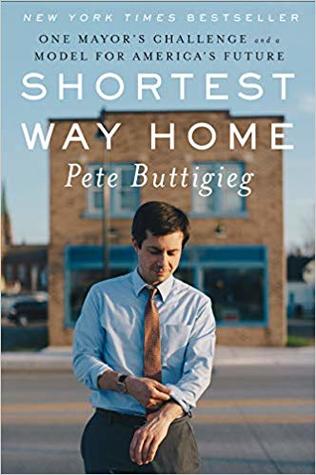More on this book
Community
Kindle Notes & Highlights
Started reading
November 16, 2019
The company lumbered along as though nothing had changed, producing some of the best-known pocket watches of the early wristwatch age. Their failure to innovate was fatal; the firm did not survive the Crash of 1929. The easy lesson to draw from this is that you must innovate to survive. But you could find a more nuanced moral of the story: that keeping up doesn’t always mean making something completely new. To survive, South Bend Watch wouldn’t have needed to start making radios or computers. They just needed to adapt a good thing they already had, and refine their business.
Adaptation and innovation are the keys to survival especially as the 4th Industrial Revolution begins. Both are byproducts of creativity which will be one of the most sought after qualities of the end days - end days being what we have left before we completely annihilate ourselves.
Social science research hadn’t yet confirmed that sudden job loss can be the psychological equivalent of losing a loved one,
I don't think this can be under-estimated. We should learn from the mistakes that were made when we displaced so many American workers without a care for what their futures would hold - all in the name of "progress". If we are doing to close oil fields, coal mines, and other industries we deem no longer fit, then we need to first put a people-first plan in place. Otherwise, we create the perfect soil for national discontent and civil disruption.
Here came an early lesson in the realities of organizing—it was nearly impossible to get people to volunteer to help write letters to political prisoners at the little card table I put up outside the lunch hall, but we got hundreds to come to the Battle of the Bands organized to raise money for the club.
The top priority of the terrorist—even more important than killing you—is to make himself your top priority.
We all want to avoid being harmed—but if the cost of doing so is making the terrorist the thing you care about most, to the exclusion of the other things that matter in your society, then you have handed him exactly the kind of victory that makes terrorism such a frequent and successful tactic.
Much of the confusion and complication of ideological battles might be washed away if we held our focus on the lives that will be made better, or worse, by political decisions, rather than on the theoretical elegance of the policies or the character of the politicians themselves.
I find myself saying things like "digital first" when speaking about policy or the direction I am trying to head in but I'm beginning to rethink my priorities to make sure that "people-first" always stays first in line for decision making.


